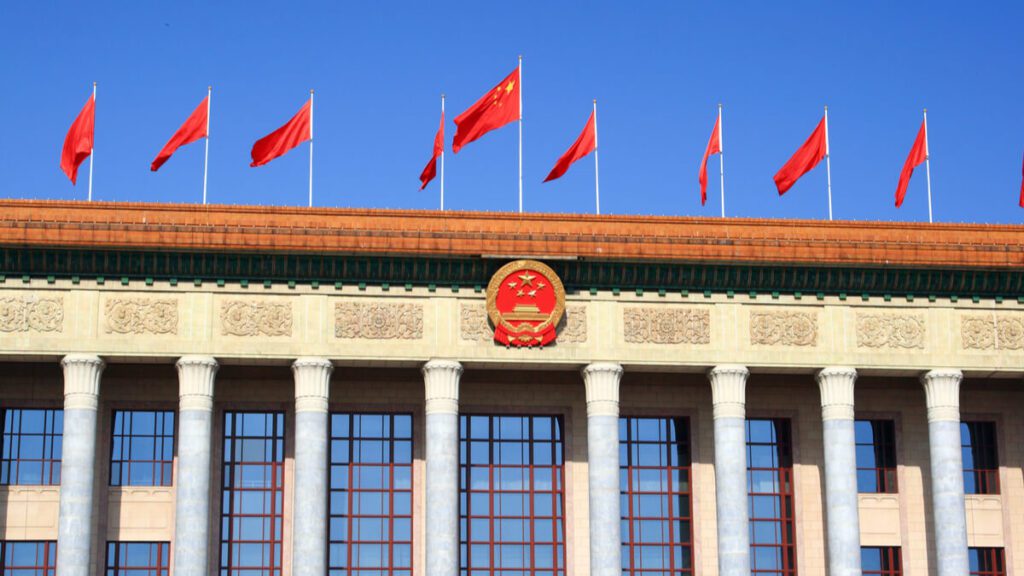From Big Tech to Ed Tech: Chinese regulations target education sector

Late on Wednesday, Xinhua News Agency reported that China’s latest regulations against tutoring for profit and Big Tech is beneficial to the country’s growth as it stiffens its commitment to expand its capital market, leading to a share plunge in education firms.
China’s latest attempt to ease financial pressure on families that support low birth rates led to new restrictions on online education companies to forbid tutoring for profit in core school subjects, expanding the regulatory reach which mainly focuses on e-commerce and internet companies.
According to Xinhua, these imposed policies are not set to establish dominance on this sector, but mostly aimed to generate a healthy industry growth by securing data security and maintaining people’s healthy livelihood.
Remarkably, these restrictions will also allow for foreign investments in this sector.
While pundits have described the move as bold, it will most likely expose China’s $120 billion private tutoring industry to remarkable threats, as some have already started surfacing. These regulations triggered a major shares selloff in firms traded in Hong Kong and New York, such as New Oriental Education & Technology Group and Koolearn Technology Holding Ltd.

So, what does these recent regulatory actions truly mean for investors?
Ever since the regulatory actions were announced on the Ed-Tech sector, the equity market was put on high alert, even higher than before.
Investors are expressing their worry concerning China’s devotion to impose its authority, especially after local authorities continue to tighten their noose on some of its biggest tech firms.
This bold move will most likely limit any foreign investor’s ability to invest in China’s curriculum-based tutoring businesses, either by mergers and acquisitions, franchises, or variable interest entity (VIS) arrangements – where an investor has a controlling interest despite not having most voting rights.
“These rules are tougher than market expectations, and we expect material impact on future business and capital market activities,” China International Capital Corp. addressed the regulation issue in a statement.
As news of these regulations broke, some of the biggest Ed Tech companies suffered a critical share plunge.
On the 23rd of July, New Oriental’s New York trade shares fluctuated to approximately 63.5 percent, going from $6.40 per share to $2.49. However, as the market closed, the company’s shares witnessed a minor rise reaching $2.93 per share.
It is worth mentioning that as of time of writing, the Beijing-based education firm stands at $2.36 per share.
Other Ed Tech companies such as Scholar Education Group and Koolearn Technology Holding Ltd. both witnessed a tumble of almost 30 percent in its Honk Kong shares.
Earlier this month, Chinese government had already issued a national security investigation on ride-hailing app Didi, days after its U.S. IPO, leading to a major drop in its shares on the New York Stock Exchange (NYSE).
The state’s official press agency cleared such concerns by saying the Chinese authority is already implementing a strategy to open its capital market as quickly as possible. As for the country’s security regulators, no attempts were ever made to limit Chinese companies’ choice of listing venues.
